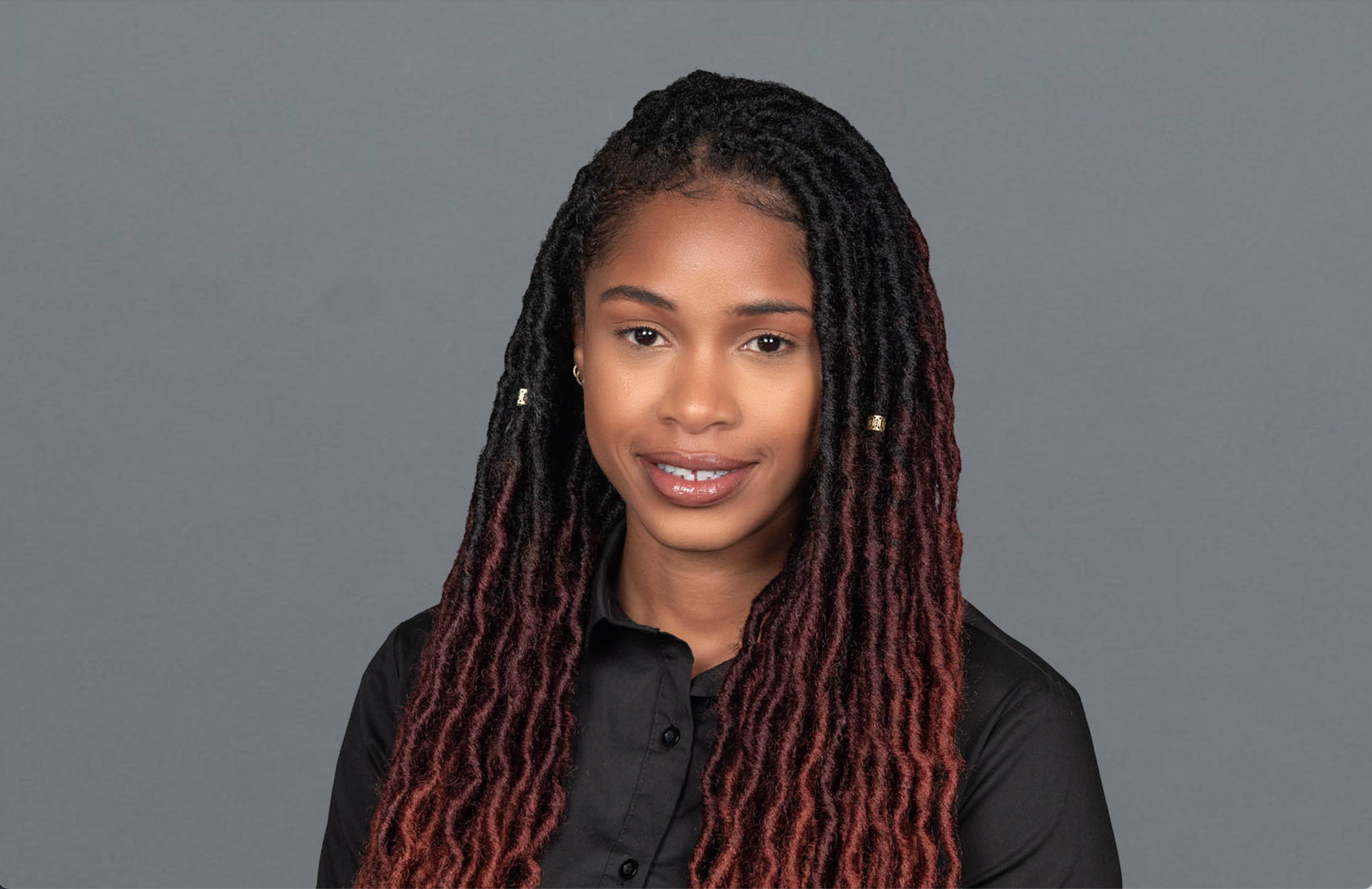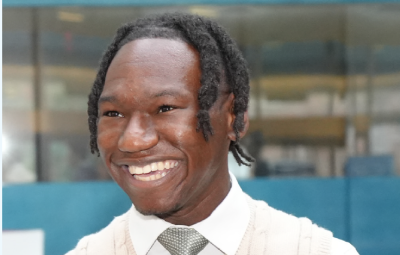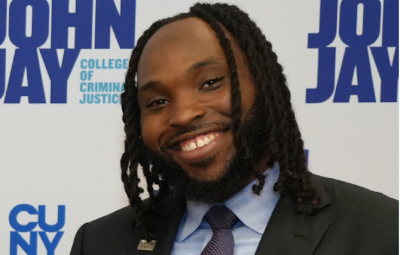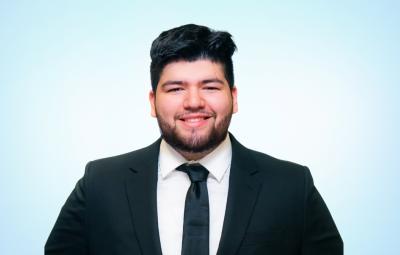
Dr. Shanelle Shillingford ’16: Yale Ph.D. & Analytical Chemist
Degree: Bachelor of Science in Forensic Science
Hometown: Dominica; Queens, New York
Cohort: PRISM
“At John Jay, I grew as a scientist, built up my resume, and learned that with hard work, laser-focused determination, and a bit of patience, I could accomplish amazing things. I went on to graduate with a Ph.D. from Yale University, and today I’m working for the global healthcare company Merck where I help bring innovative animal health products to market. John Jay changed my life. It was the launching pad for making my career dreams come true.”
What was life like growing up?
I was born and raised in Dominica. My dad moved to the U.S. when I was young, and my mom and I soon followed when I was 15. From the age of seven, I knew I wanted to be a scientist. I loved learning—especially math and science—and excelled in school. I also watched a lot of crime shows and loved seeing people in the lab working to find answers to questions.
Why John Jay?
Back home in Dominica, the highest degree I could earn was an associate degree. Since I was determined to be a scientist, I knew I couldn’t stay there. When I moved to New York, I enrolled in high school and immediately began looking at colleges that could put me on that path to becoming a scientist. Because I came from a low-income household, I didn’t have many options. Luckily, my dad suggested I look at John Jay. Not only did the College have a prestigious forensic science program, it was also commuter friendly and incredibly affordable. All those factors made John Jay the perfect place for me.
How did PRISM enhance your college experience?
PRISM was instrumental to my success and getting into Yale University’s Ph.D. chemistry program. The research I conducted in PRISM made me a scientist. It made me more comfortable in a lab setting, fostered critical thinking skills, and offered transformative learning opportunities.
The PRISM faculty were essential to my education. From the moment I entered the program, Dr. Edgardo Sanabria-Valentín kept me informed on all the scholarship, research, and internship opportunities available. He also motivated me to apply to grad school and made sure I met every application deadline. My research mentor, Dr. Gloria Proni, saw my potential and took me under her wing. She encouraged me to think beyond my limits and prepared me for grad school. She was one of my biggest champions, advocating for me, building my confidence, and writing letters of recommendation. Because of the encouragement from Dr. Ed and Dr. Proni, I interned at the Scripps Research Institute and got into Yale.
How did the Scripps Research internship shape your career?
It was an amazing hands-on experience that gave me a glimpse into my future in research. I worked in an organic chemistry lab under well-known and respected chemist Dr. Donna Blackmond. In the lab, I performed experiments with graduate students trying to demonstrate the use of “green chemistry” in organic transformations. The internship affirmed I had a real passion for research, especially in a lab setting, and that I was on the right path.
What was your experience like at Yale?
Honestly, the first year was tough. I definitely had imposter syndrome. At times, I was the only Black student in the classroom and felt like I didn’t belong. But Yale’s Office for Graduate Student Development and Diversity was very supportive. With the help of the office, I felt grounded and centered. While the research work remained challenging, I knew I could succeed.
What do you work on at Merck?
I work on drug product development for animals, primarily for veterinarians to use when treating animals for diseases, so things like medications and topical creams. As an analytical chemist—my technical title is senior scientist—I work with a large team of formulators. My primary role is to conduct tests and ensure that the product is stable and contains all the correct attributes so that it can attain approval from the U.S. Food and Drug Administration’s Center for Veterinary Medicine and be brought to market. Every day, we’re conducting innovative research that advances science and improves the lives of animals.
What advice do you have for John Jay students hoping to follow in your footsteps?
You can accomplish any goal but understand that it will require work, patience, and flexibility. If you’re going to grad school, know that you may have to pivot, and that’s okay. Be open to change and adjust.



